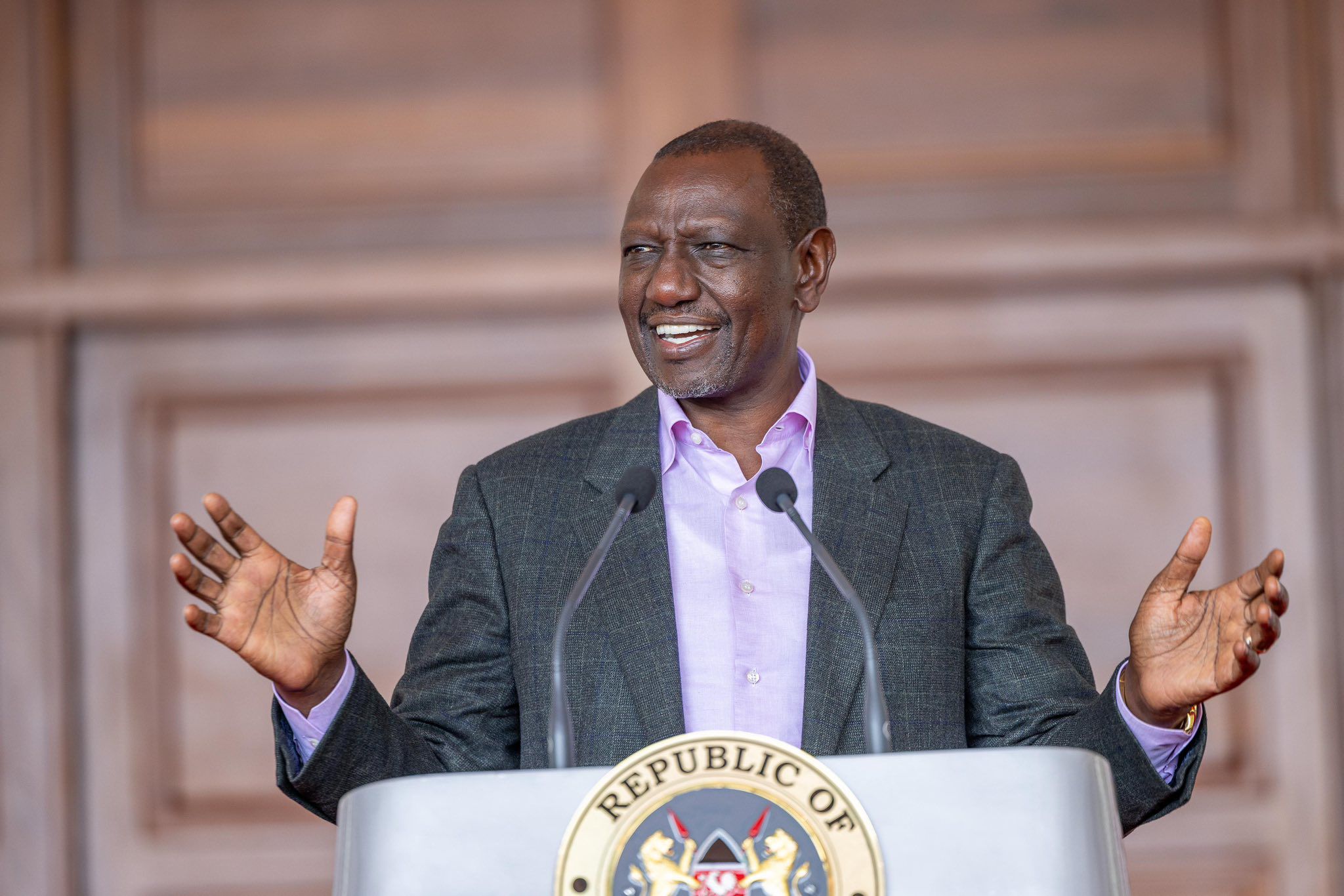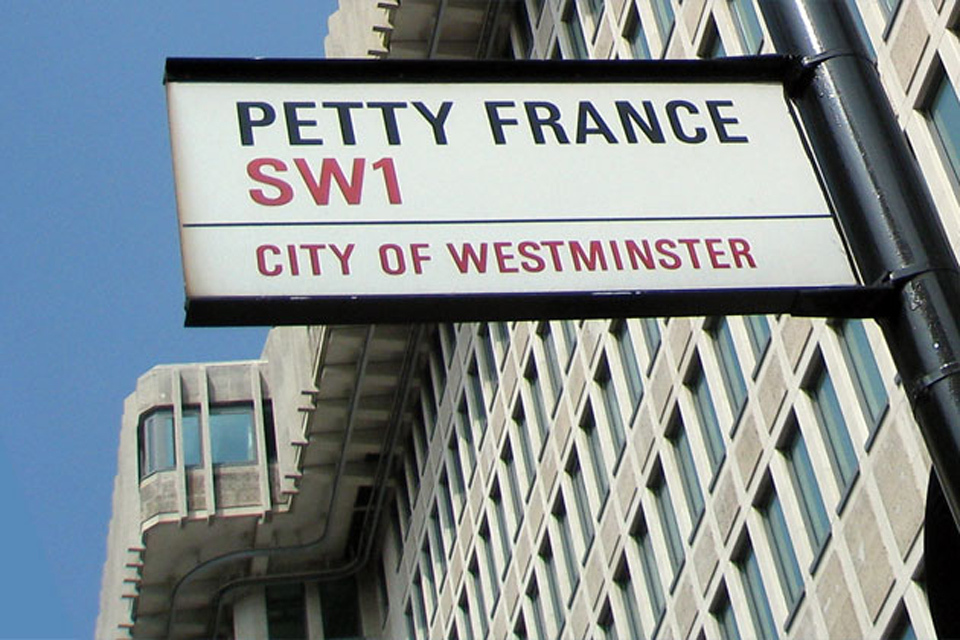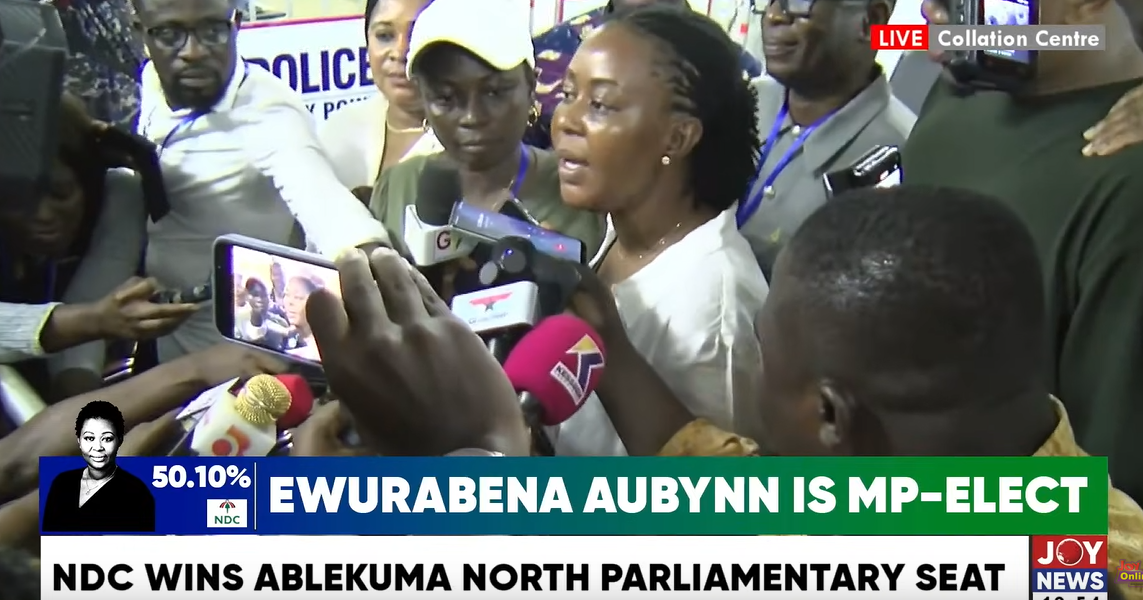Kenyan IEBC Team's Appointment and Legal Challenges

A recent High Court ruling has introduced a complex yet definitive turn in the reconstitution of Kenya's Independent Electoral and Boundaries Commission (IEBC). While the court upheld the selection process and nomination of the new chairperson and commissioners, it simultaneously nullified the official gazette notices that formally appointed them. This unprecedented judgment, delivered on July 10, 2025, validated the rigorous selection process for the seven nominees but deemed their initial appointments unlawful due to a procedural breach, specifically the contravention of interim court orders issued on May 29, 2025.
The legal challenge was initiated by petitioners Kelvin Roy Omondi and Boniface Mwangi, who, in their May 13, 2025 petition to the High Court's Constitutional and Human Rights Division, sought to invalidate the entire selection process. Their concerns ranged from questioning the qualifications and integrity of the nominees to alleging a lack of regional diversity and the exclusion of persons with disabilities. The petitioners also raised specific issues regarding the application process of the chairperson-designate and the familial ties of certain nominees. The Attorney General and the Head of Public Service, acting as respondents, robustly defended the integrity and legality of the selection and nomination process, arguing a lack of sufficient evidence from the petitioners and a legal unsoundness due to the failure to sue key bodies like the IEBC Selection Panel and the President.
A three-judge bench, comprising Lady Justice Roselyne Aburili, Justice John Chigiti, and Justice Bahati Mwamuye, meticulously examined eleven key issues before delivering their verdict. The court affirmed that the IEBC Selection Panel had acted legally, including its decision to issue an expanded shortlist of candidates. Allegations questioning the nominees' constitutional disqualification or conflict of interest, such as a familial relationship of one nominee, were dismissed as unproven and inconsequential. Furthermore, the court found no violation of constitutional principles relating to public participation or access to information, clarifying that the recommendations from the National Dialogue Committee (NADCO) report did not apply to this specific appointment process.
The critical aspect of the ruling was the nullification of Gazette Notices No. 7724 and 7725, both dated June 10, 2025. These notices, which formalized the appointments, were found to have been published in direct contravention of the conservatory court orders issued on May 29, 2025, which had halted the process pending the case's determination. The court emphasized the importance of upholding the rule of law and protecting democratic governance by stating that these gazette notices were unlawful for breaching a valid and subsisting court order.
Addressing specific challenges, the court dismissed claims against Erastus Edung Ethekon, the chairperson-designate. Despite allegations that he did not personally apply for the position, with some claiming cyber cafe attendants applied on his behalf, the court found no credible or objective evidence of bias or procedural irregularities, affirming the constitutionality of his nomination. Similarly, the petition seeking to block Hassan Noor Hassan’s nomination based on his familial ties to politician Junet Mohamed was rejected. The court firmly rebuked efforts to disqualify nominees based on family connections, emphasizing that familial relationships alone should not create an automatic presumption of conflict, and that family members of judges, like any other qualified individual, are entitled to pursue independent careers without impinging on a judge's impartiality or a nominee's eligibility.
Ann Njeri Nderitu's nomination was also upheld, with the court ruling that her position as a state officer at the time of application did not automatically disqualify her. The court clarified that constitutional eligibility hinges on a nominee's resignation from their current position prior to taking up a new public office, not necessarily at the point of application. Challenges against Moses Alutalala Mukhwana, Mary Karen Sorobit, Francis Odhiambo Aduol, and Fahima Araphat Abdallah, based on their eligibility under Article 88 of the Constitution concerning holding elective public office or political party roles, were also dismissed as lacking merit.
Following the High Court's judgment, which explicitly stated that its decision “does not invalidate their selection and nomination,” President William Ruto acted swiftly. On July 10, 2025, he published new gazette notices to re-gazette the appointments of the already-vetted and court-validated nominees. This action regularizes their appointments, paving the way for the swearing-in of the new IEBC team, which includes Erastus Edung Ethekon as Chairperson, and Ann Njeri Nderitu, Moses Alutalala Mukhwana, Mary Karen Sorobit, Hassan Noor Hassan, Francis Odhiambo Aduol, and Fahima Araphat Abdallah as Commission Members. This decisive legal resolution clears a major obstacle in the commission’s reconstitution, setting the stage for a fully functional electoral body as Kenya prepares for the 2027 General Election.
You may also like...
Diddy's Legal Troubles & Racketeering Trial

Music mogul Sean 'Diddy' Combs was acquitted of sex trafficking and racketeering charges but convicted on transportation...
Thomas Partey Faces Rape & Sexual Assault Charges

Former Arsenal midfielder Thomas Partey has been formally charged with multiple counts of rape and sexual assault by UK ...
Nigeria Universities Changes Admission Policies

JAMB has clarified its admission policies, rectifying a student's status, reiterating the necessity of its Central Admis...
Ghana's Economic Reforms & Gold Sector Initiatives

Ghana is undertaking a comprehensive economic overhaul with President John Dramani Mahama's 24-Hour Economy and Accelera...
WAFCON 2024 African Women's Football Tournament

The 2024 Women's Africa Cup of Nations opened with thrilling matches, seeing Nigeria's Super Falcons secure a dominant 3...
Emergence & Dynamics of Nigeria's ADC Coalition

A new opposition coalition, led by the African Democratic Congress (ADC), is emerging to challenge President Bola Ahmed ...
Demise of Olubadan of Ibadanland
Oba Owolabi Olakulehin, the 43rd Olubadan of Ibadanland, has died at 90, concluding a life of distinguished service in t...
Death of Nigerian Goalkeeping Legend Peter Rufai

Nigerian football mourns the death of legendary Super Eagles goalkeeper Peter Rufai, who passed away at 61. Known as 'Do...




